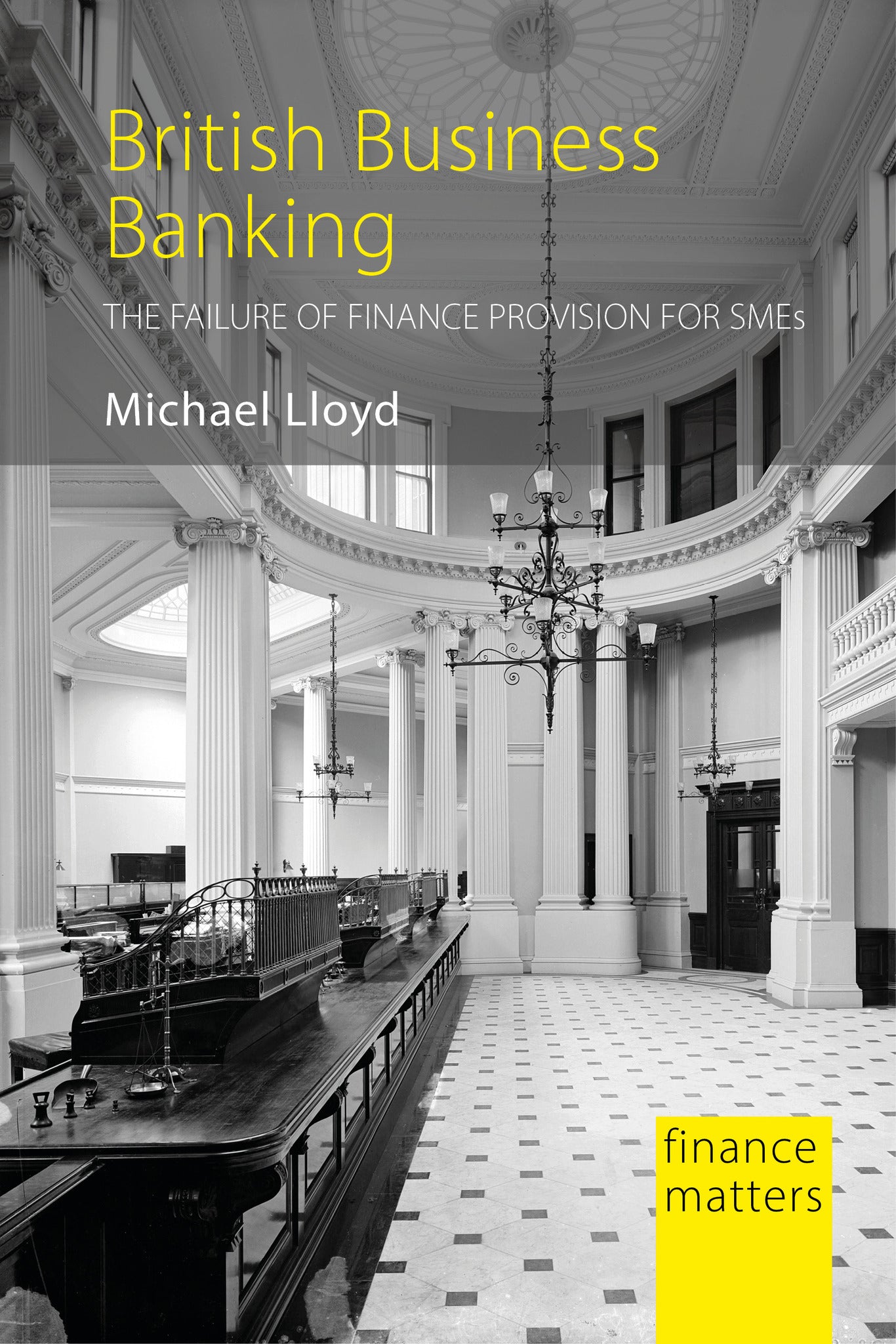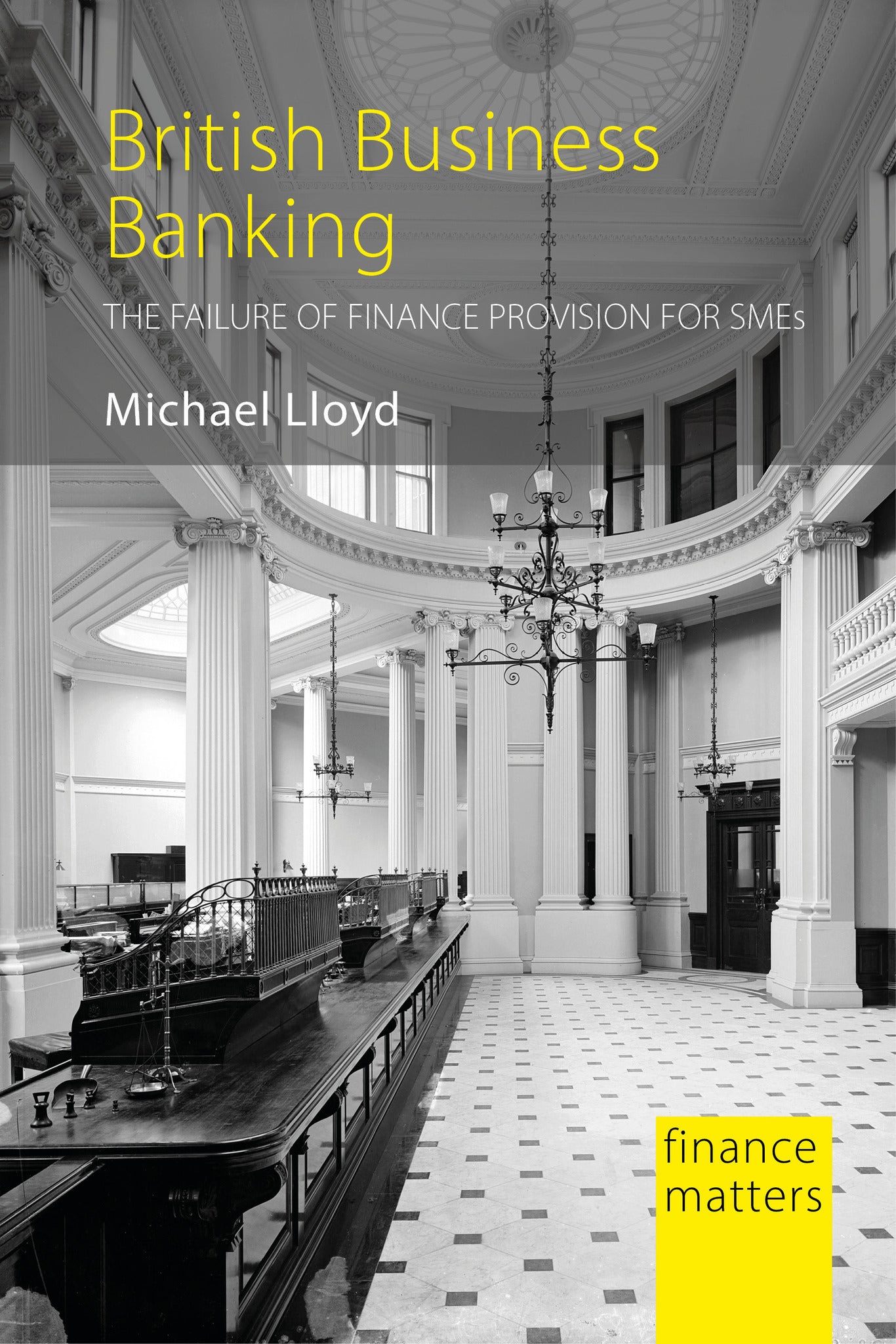We're sorry. An error has occurred
Please cancel or retry.
British Business Banking

Some error occured while loading the Quick View. Please close the Quick View and try reloading the page.
Couldn't load pickup availability
- Format:
-
26 February 2021

Why are British banks so risk averse when it comes to providing long-term loan finance to businesses? In Europe the dominance of bank lending in the financing of small and medium sized enterprises (SMEs) is well-observed. Yet in the UK exactly the opposite is the case, where most SME funding is via bank overdrafts and credit cards.
The roots of this significant difference lie partly in the historical, institutional, political and cultural structure of the British banking system, and in parallel explanatory factors in the UK SME population, but the real mystery is why, in the twentieth century, there appears to have been no significant change in the attitudes of British banks towards providing long-term loan finance to SMEs. Indeed, this risk aversion might have been expected to alter during the postwar period and the substantial expansion of consumer demand and expanded commodity production, but it did not.
This book explores not only how the historical formation of British banking structures produced such a relatively risk-averse arrangement compared to other European countries and the United States, but also why this banking attitude has persisted to the present day. The book concludes with a suite of recommendations necessary for British banks to provide a more balanced mix of financial provision to SMEs.

BUSINESS & ECONOMICS / Banks & Banking, Banking

[A] very readable, accessible and informed discussion of SME financing in the UK. This is an interesting and engaging new addition to this literature ... that moves some of the academic debate away from considering and basing new policy development on the US experience.
Introduction1. British banks and the industrial revolution2. Modern British banking3. The other side: the culture of British SMEs4. Banking problems for SMEs and alternative financial provision5. Financial and political economic culture6. Optimum financial institutional structures and SME performance7. Implementing reform



